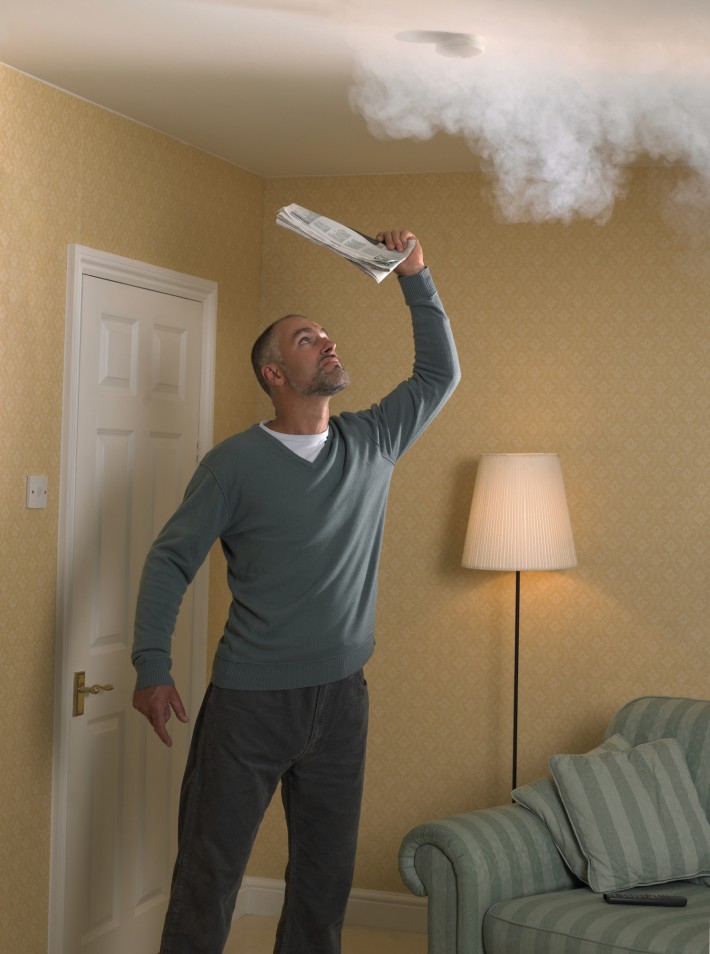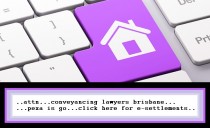By Natalie Smyth
The Real Estate Institute of Queensland have recently updated the Houses and Residential Land Contract and the Residential Lot in a CTS Contract to deal with recent changes to the Fire and Emergency Services Act 1990, with respect to smoke alarms.
The Fire and Emergency Services (Domestic Smoke Alarms) Amendment Act 2016 (“the Act”) has amended the Fire and Emergency Services Act 1990, by modifying the definition of and provisions related to “compliant” smoke alarms in residential properties.
As the amendments took effect from 1 January 2017, it is important to consider what these amendments mean for landlords, and also buyers and sellers of residential property in Queensland.
Prior to the amendments taking effect, a compliant smoke alarm in a Queensland residential property was one that complied with Australian standards AS3786-2014 (S1). Now, smoke alarms will need to comply with both Australian standards AS3786-2014 (S1) and AS 160.6-1997 (S2) to be considered “compliant” under the new legislation and the terms of a standard REIQ Contract for the sale of residential property in Queensland.
The S2 standards provide for the positioning of smoke alarms and the requirements for smoke alarms to be linked. In particular, the S2 standards specify that smoke alarms must be positioned between each area containing bedrooms and must be interconnected, so that when one smoke alarm is triggered, they all do. The S2 standards also provide that smoke alarms must have a continuous power source, for example, hard-wiring or a 10 year battery.
Other Key Changes
The Act provides that from 1 January 2017:-
- if a smoke alarm does not work when it is tested, it must be replaced by a photoelectric alarm; and
- any newly installed smoke alarms must be a photoelectric smoke alarm.
Research suggests that photoelectric smoke alarms are more effective, as they are more sensitive to detecting the large particles that are produced by smoldering fires, and are also said to reduce the number of false alarms, which are started from cooking, for example.
New buildings/Renovated Dwellings
The new requirements for smoke alarms will apply immediately to brand new builds and substantially renovated homes (if the building application was made after 31 December 2016).
Timeframes for changes/obligations for Sellers and Landlords
Whilst the amendments came into effect on 1 January 2017, the changes to existing smoke alarms are being phased in over a period of 10 years.
By 1 January 2022 any property that is sold or leased must contain a compliant smoke alarm prior to the Contract of sale or lease being entered into. This means that presently, there is no obligation for
Sellers and Landlords selling or leasing property to update existing smoke alarms to ensure they are “compliant”.
By 1 January 2027, all residential property owners will need to ensure that smoke alarms are compliant.
Further Considerations
- Property agents, solicitors and conveyancers must ensure that they are using the latest editions of the REIQ Contracts; and
- Buyers/tenants may require additional special conditions included in the Contract for Sale with respect to smoke alarms when they are purchasing or leasing residential property.
If you are buying or selling a property and you require advice surrounding how the new smoke alarm laws affect you, or require special conditions to be drafted for your Contract, please contact Natalie Smyth.
Just Us Lawyers – for the best Conveyancing lawyers in Brisbane call/email Just Us Lawyers or complete our enquiry form for a quote today.





